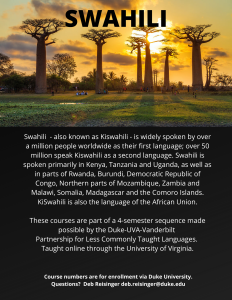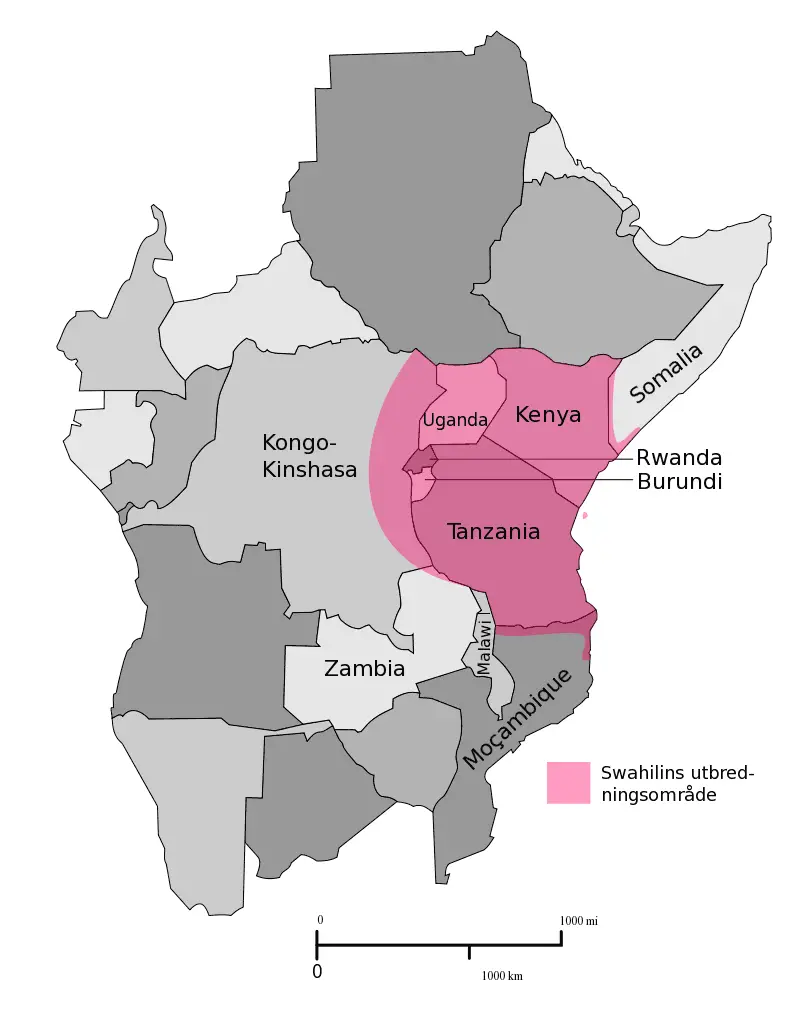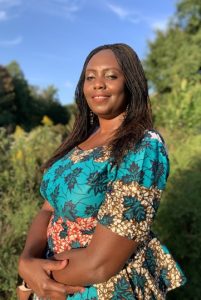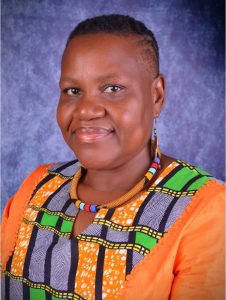 Swahili, or Kiswahili, is a Bantu language that is widely spoken in Tanzania, where it is the language of administration and primary education; Kenya, where it is, after English, the main language for these purposes; Congo Kinshasa, where a form of Swahili is one of the four languages of administration; and Uganda, where the main language is again English. Learning Swahili also gives students the ability to explore the uniquely rich and diverse cultures of East Africa.
Swahili, or Kiswahili, is a Bantu language that is widely spoken in Tanzania, where it is the language of administration and primary education; Kenya, where it is, after English, the main language for these purposes; Congo Kinshasa, where a form of Swahili is one of the four languages of administration; and Uganda, where the main language is again English. Learning Swahili also gives students the ability to explore the uniquely rich and diverse cultures of East Africa.
Fall courses

SWAH 101/701 Introductory Swahili I
The course provides an introduction to basic Swahili language skills in listening, speaking, reading and writing. Swahili is spoken by tens of millions of people worldwide, primarily in East and Southern Africa. Course taught at University of Virginia by Asmaha Heddi; Duke students participate through Zoom. No prerequisite.
SWAH 203/703 Intermediate Swahili I
This is an intermediate level course designed to further enhance communicative skills, as well as develop an awareness of the cultural diversity of the Swahili-speaking areas of East Africa through Swahili texts. Course taught at University of Virginia; Duke students participate through video conference and/or telepresence classroom. Pre-requisite: SWAH 102 or equivalent Swahili language experience.
Spring courses
SWAH 102/702 Elementary Swahili II
The course is the second in a 2-semester elementary sequence designed to provide an introduction to Swahili language skills in listening, speaking, reading and writing. Swahili is spoken by tens of millions of people worldwide, primarily in East and Southern Africa. Course taught at University of Virginia by Asmaha Heddi; Duke students participate through Zoom. Prerequisite: SWAH 101 or equivalent.
SWAH 204/704 Intermediate Swahili II
This is an advanced intermediate level course designed to further enhance communicative skills, as well as develop an awareness of the cultural diversity of the Swahili-speaking areas of East Africa through Swahili texts. Course taught at University of Virginia; Duke students participate through video conference and/or telepresence classroom. Pre-requisite: SWAH 203 or equivalent Swahili language experience.
Faculty

Anne Rotich is an Associate Professor in UVA’s Department of African American and African Studies. She has a Masters in African-American and African Studies and holds a PhD in Social Studies and Global Education from the Ohio State University. Anne’s teaching and research places emphasis on best practices in the teaching of Africa and African literatures, Social Studies Education, Swahili studies and Swahili immigrant experiences in the US. She has published numerous refereed journal articles and book chapters on various related topics and has presented in a range of national and international conferences.
Leonora Anyango holds a PhD in applied linguists and and is an internationally known expert in language and culture. She specializes in the teaching and writing of languages, including Kiswahili, English, and Japanese. She is a Certified Legal and Health Interpreter, and she has worked as a translator for various institutions, inculding the World Bank. Her research concentration includes second language teaching and learning, multilingual writing pedagogies, African rhetoric, and translation and interpretation. Anyango is also an avid writer of creative nonfiction and poetry

